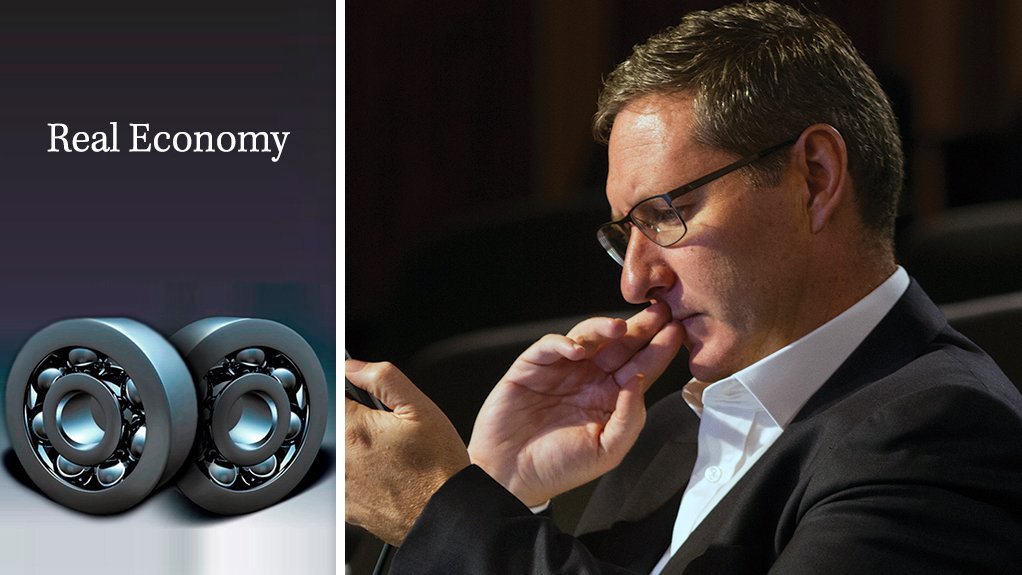Asset manager Stanlib is currently flighting a fascinating series of radio adverts, which pose the question: Was your money ready for this week? The fast-paced spots, which air on Fridays, pull together the key political, economic and corporate developments of a given week. These range from Apple’s stock breaching the trillion-dollar mark through to the latest unemployment figures, or that late night broadcast by the African National Congress president, in which he confirmed the party’s intention to change the Constitution to enable land expropriation without compensation. The adverts cleverly serve to highlight just how many strands the group’s professionals are pulling together to ensure they earn a return on their clients’ investments.
As a journalist, I’m probably more sensitive than most to these commercials, as they deal with issues that have either occupied my mind, slipped through my grasp, or have taken up a good portion of my time during the week in question. Nevertheless, their psychological impact is likely as profound for those outside the media. That’s because the adverts underscore just how difficult it has become not only to stay abreast of current affairs, but also to be in a position to interpret what the news means for the world, South Africa and for individual citizens.
Seeing the wood for the trees has arguably never been harder, despite the unprecedented access we now have to news and information. In South Africa, as is the case in many countries currently, news analysis is being made all the more difficult by virtue of the fact that there is often a profound gap between words and actual meaning. Politicians, unionists and businesspeople have become mistresses and masters of ‘doublespeak’, a term closely associated with George Orwell’s novel, Nineteen Eighty-Four, despite the fact that it does not actually appear in the book’s text.
In defending the indefensible, doublespeak is employed to deliberately obscure, disguise, distort, or even reverse the true meaning. What’s more, those who casually claim to be cutting through the distortions and agendas are themselves often guilty of hiding their own agendas or conflicts of interest.
That’s not to say South Africans should give up on seeking meaning. However, during this difficult period, it may prove useful to constantly remind oneself that the country has well and truly entered another election phase. All pronouncements and even actions, therefore, have to be viewed as attempts at garnering attention and shoring up votes.
It definitely won’t always be constructive and, at times, it’s going to be downright ugly. Sadly, it is also likely to mean that genuine efforts to address the issues undermining South Africa’s growth and development will be deferred. Realistically, all we can probably hope for is that the popular and, at times, even populist rhetoric does not fundamentally derail such efforts in the longer run.
What is certain, though, is that it’s going to give the copywriters at Stanlib’s advertising agency a lot of material to work with.
EMAIL THIS ARTICLE SAVE THIS ARTICLE ARTICLE ENQUIRY
To subscribe email subscriptions@creamermedia.co.za or click here
To advertise email advertising@creamermedia.co.za or click here











